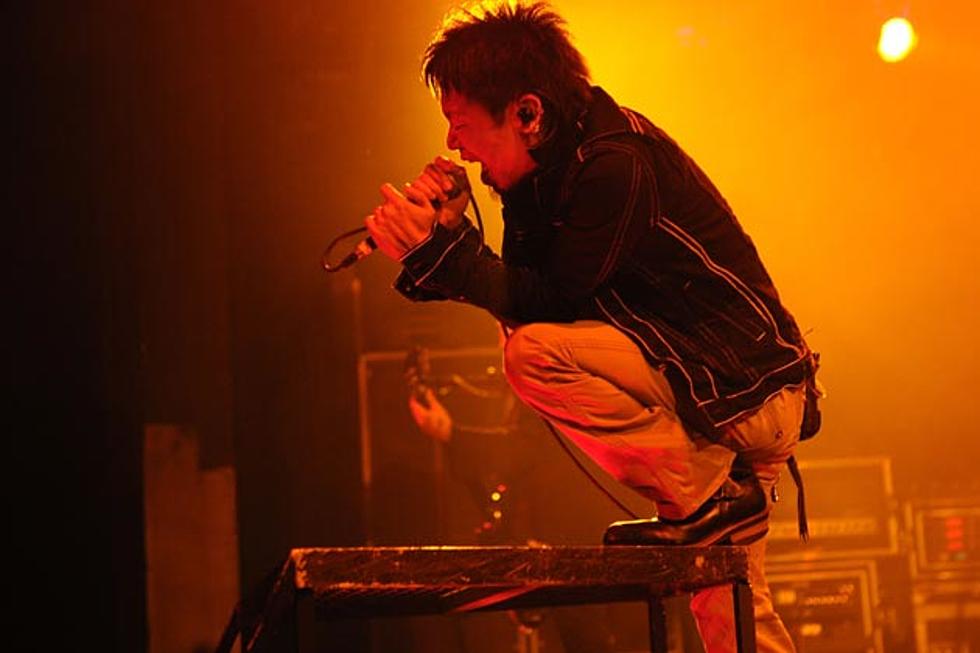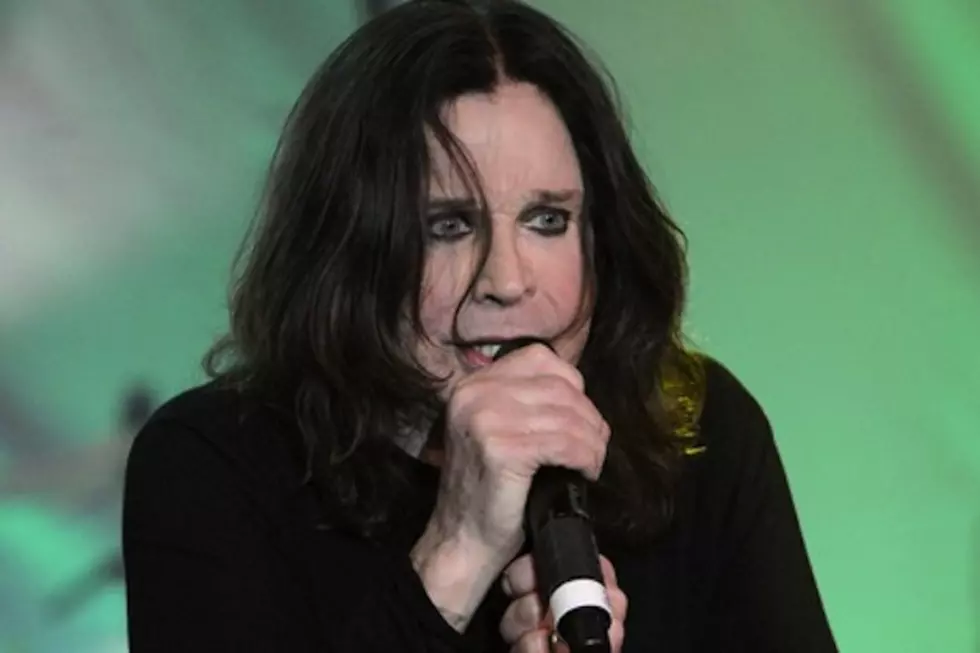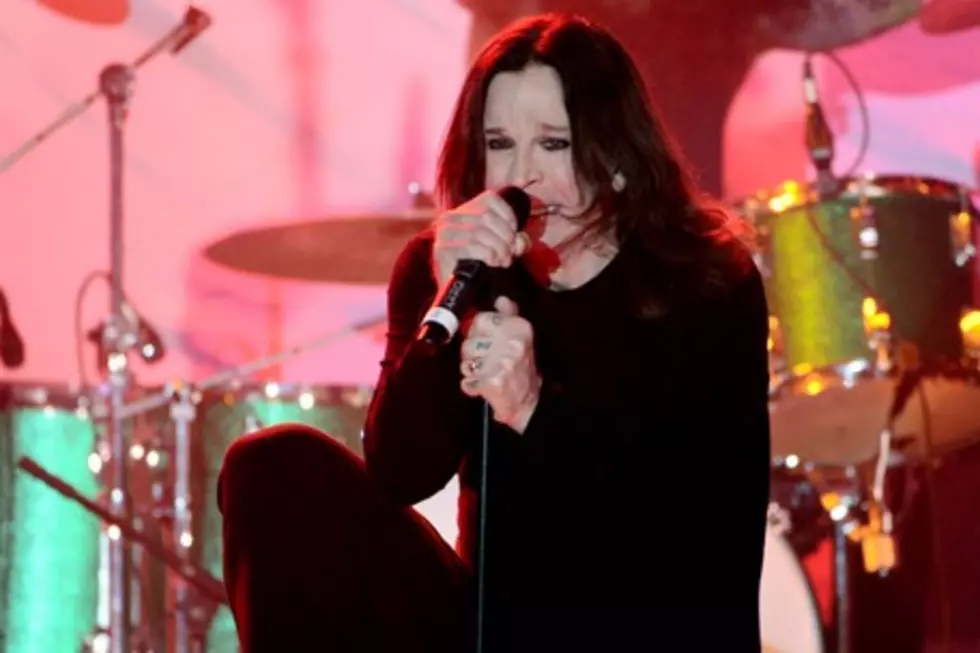
My Interview With Dir En Grey … and a Translator

I've interviewed thousands of bands over my more than ten years as a music writer but I've never needed a translator to talk shop with a band. So when I headed over to Tokyo for some face time with Dir En Grey guitarist Die ahead of the final two sold-out shows on the band's 'Uroboros' tour, I wasn't alone. It was me, Die, his people (publicists, photographers, security dudes and dudes with video cameras, shooting it all for the band's forthcoming DVD) and a nice lady whose name I can't remember.
If not for her, my conversation with Die would've been very different. We spoke just hours before he'd be taking the stage inside Japan's iconic Nippon Budokan with the rest of his band, to cap two years of touring, all before an audience of nearly 10,000 screaming fans. And oddly enough, he was as cool as a cucumber. Tonight, unlike American concerts, there'd be no openers. That's just how they roll in Japan. That meant Dir En Grey had the place to themselves for two back-to-back nights of two full sets of furious metal for which fans had flown in from all over the globe to witness.
Before the concert, we pulled Die from the band's dressing room to discuss the shows and what the boys have coming down the pipeline as far as new material. It was the first interview the band would do all weekend, and it was strange. Using a translator, I mean. See, I've done plenty of interviews where I could've used a translator (see: Ozzy Osbourne), but I'd never experienced that awkwardness before ... of having to communicate through another person about super important crap like crazy fans and upcoming releases.
Still, there I was, asking a question to a woman, who was sitting right next to me. She'd relay the question to Die, who'd start speaking Japanese. I'm looking at him, not knowing what he's saying (other than some of the basic Japanese I'd picked up just walking around the city, like "Arigato gosai mas"), and I found myself nodding, as if I totally got it. Even after I caught myself, I continued to do it. What else can you do? One question seemed to take Die, who told me it was Japanese band D'erlanger that first inspired his playing, a good five minutes to answer. And here I was, nodding in agreement to every alien word I was hearing.
Die couldn't have been friendlier and seemed genuinely excited to strap on his axe for the night ahead. "It's been a year since 'Uroboros' was released, and since the release of the record, the band has been on extensive tours, including ... overseas, and we've played 90 shows all together," Die says through the translator. "We're about to play this Budokan show, which is kind of like a summation of all we have done in this last year, and we're really looking forward to that."
Both shows sold out in under 15 minutes, which is kind of incredible. But that speaks to the devotion these fans obviously have for Dir En Grey. "It is, of course, flattering. But at the same time, we have to meet the expectations of the audience who bought the tickets, so we'll try to do that," Die assured ... again, through the lady. "When we play overseas, normally, we can't do our own shows. But this is our home, and we can do our real, prolonged show. So it will be a different experience for people who have seen us before outside of Japan."
Die says he's "not quite sure" when fans will see a new record, only that "it will take a while. We want to try and find something new, and take our sound to the next level." Would the band release more songs in English, as they did with two tracks on 'Uroboros,' on the follow-up? "It is up to Kyo, the singer, whether we do that or not," Die says. "There are certain songs that can only be expressed in Japanese words, so I'm not quite sure."
Before the shows, Die predicted that fans would be impressed with the visuals the band had prepared, which were, at times, both breathtakingly disturbing and eerily romantic. But he wouldn't speak of the band's rumored penchant for onstage self-mutilation. "Obviously, it comes down to how we feel on stage ... you just have to see what happens," says Die ... I think. "It depends on our mood and how the fans will react. This venue will become unified, the band with the audience ... so, let's see. It's very unpredictable."
I asked Die to put in perspective the symbolism of this two-night stint at the Budokan, and what it meant for the fans. He says that to fans in Japan, "the Budokan is a sanctuary. But for us, it doesn't matter where we're playing, whether it's a small club or a huge arena, we do what we do ... play a show until we're burnt out, and give 100 percent."
More From Noisecreep









